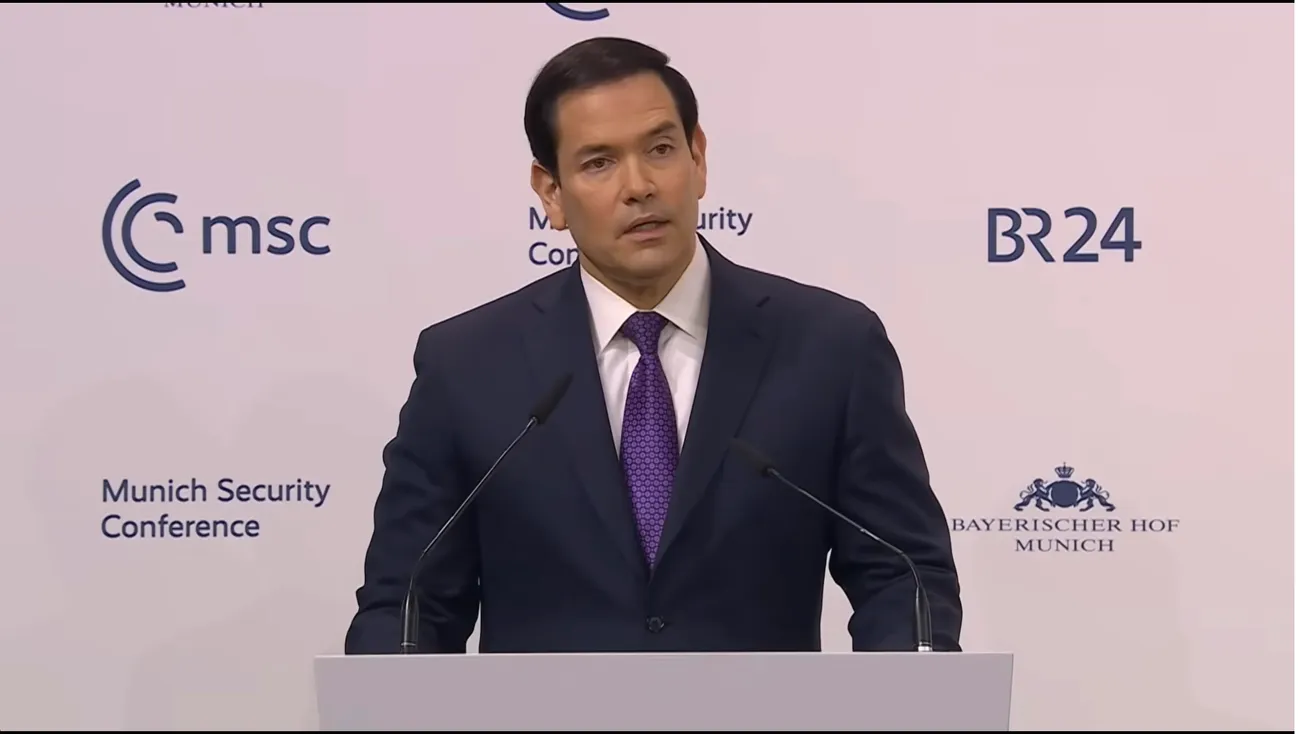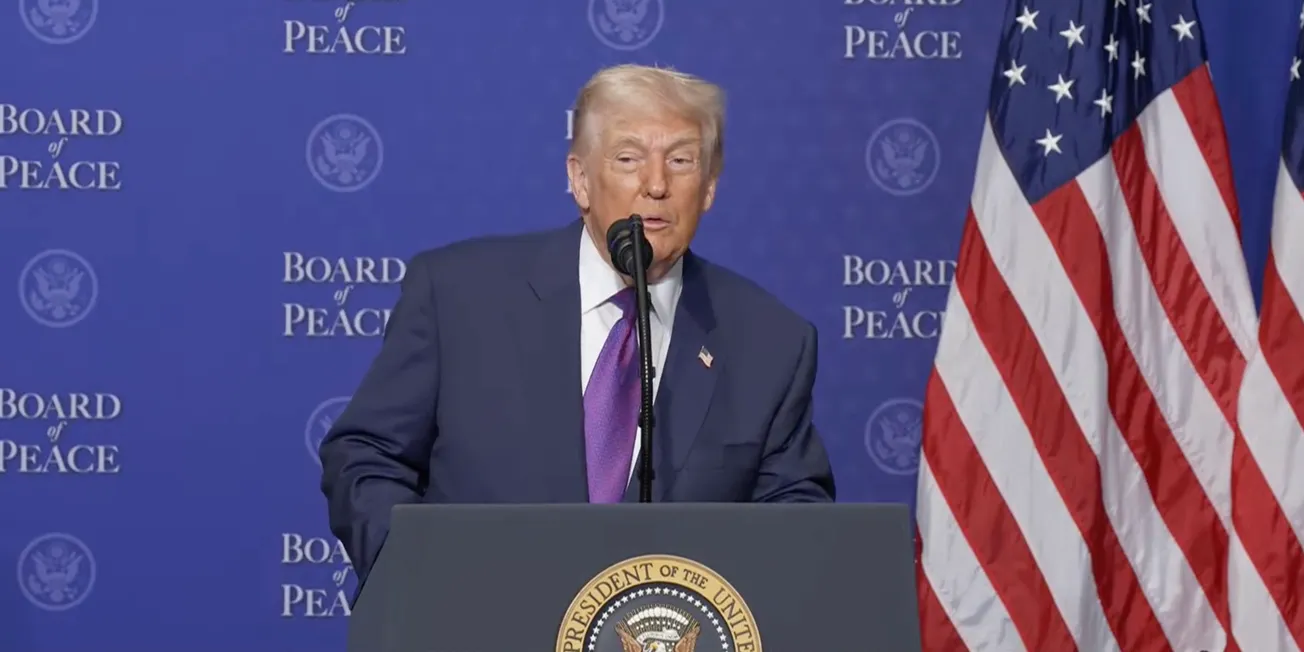Vladimir Putin’s recently expressed convergence with the outlook of late 17th/early 18th century Massachusetts republican thinker, scientist and patriot Cotton Mather, on the nature of humanity and government, is of true strategic importance, as we approach the eve of the June 16 Russia- U.S. Summit. When Putin, during a June 8 speech to social workers, stated: “The very values of mercy, love for one’s neighbor, and support for those in need bind and consolidate the entire centuries-old history of our people. They constitute the spiritual basis of the traditional religions of Russia … the fundamental aim of life should be to do good,” Putin echoed the premise, exposition and very words of Cotton Mather’s 1710 Essays To Do Good. [http://en.kremlin.ru/events/president/news/65764]
The premise of the idea called “the coincidence of opposites,” is that there is a higher domain—what, for example, is sometimes referred to as “the complex domain"—of ideas, not bounded by the banal linearity of Newtonian space-time, or other equally noxious fictions. In that realm of absolute space-time, there is one human culture, and ideas and the individuals responsible for them, exist in what LaRouche referred to as “temporal eternity.” For example, the Mather family—Cotton Mather and his father Increase Mather in particular—was probably the most important of the seminal influences on the early life and later mission of scientist Benjamin Franklin, the intellectual author of the conspiracy called the American Revolution. Vladimir Putin, however, echoed this “Bonifacius outlook” independently, from a Russian, as well as universal perspective, and this perspective is coincident, from the standpoint of temporal eternity, with that of the ancestors and history of the American republic—including the “current history expression” of those ideas in the writings and deeds of Lyndon LaRouche.
Yes, there appears, from the present semi-literate braying of the State Department against Russia and China, to be no hope at the summit for a security breakthrough of the quality required to bring the world to safety. That job, however, is what Lyndon LaRouche has required of this organization, with no excuses for what others might fail to do or say.The June 26-27 Schiller Institute conference organizing process, and the June 16-26 period leading up to it, are a point of inflection, and intervention. Followers of Gottfried Wilhelm Leibniz should regard this “interval of action” as containing the “best possible” potential—not through the upcoming events themselves, but through our mobilization of a worldwide, “no limits to growth” anti-Malthusian alliance. This can allow the people of the world, through their advocating a world health platform, to disrupt the constructive fraud of geopolitics, and declare that only the health and general welfare of the whole world can come first, that humanity comes first, before anything smaller. “One humanity, indivisible, with liberty and justice for all,” is what this movement must pledge its allegiance to.
In a higher sense, both the United States and Russia reflect, in this notion of doing good, the impact of Gottfried Leibniz, the founder of physical economy, on both nations—directly and personally on Russia’s Peter the Great, and indirectly on Franklin, through Pennsylvania’s James Logan and Logan’s defense of Leibniz against Newton, as well as John Locke. Leibniz’s long-arc impact on China, both personally and through both the physical-economic writings of Lyndon LaRouche, and the self-conscious adoption of the mission of Leibniz to China of Helga Zepp-LaRouche, has come back to haunt his enemies, and the enemies of humanity in the form of the historic China-Russia “community of principle” collaboration, still missing the United States.
The specter of Lyndon LaRouche, and his conceptual ancestors, hangs over the upcoming world proceedings, and not merely because of the 1983 Strategic Defense Initiative. The coronavirus pandemic has crashed the party. The 1974 “economic breakdown and the threat of global pandemics” forecast of LaRouche, the 1995 Ninth Forecast of LaRouche, and LaRouche’s 1999 “Storm Over Asia” presentation, are on the minds of those that may have doubted him, but cannot deny what he said. Even in the United States Congress, we now see the recognition that, yes, the worldwide nature of a pandemic demands that a Franklin Roosevelt-style approach to assisting the world, is the only realistic way to address the continued survival of the United States itself.
When Sergey Lavrov says that “I am convinced that we cannot ignore the indisputable fact that the current world system is a sum of accords by the powers of victors in World War II. And Russia will object to those who want to throw the results of this war into doubt,” the real legacy of FDR is being invoked. The post-1945 NATO alliance is rejected, and should be rejected, as a relic of a condition that ended in 1989-91. The principle of world reconstruction of independent, sovereign nation-states, instead of a return to empire, of the 1946 United Nations, as advocated by Franklin Roosevelt and advanced in part by Eleanor Roosevelt, not a post-1991, or post-September 11, 2001 “rules-based system” is the starting point, however imperfect.
“We have neither an inferiority complex nor a superiority complex on the global political scene,” Lavrov stated. “However, we are always ready to render assistance to those who need it. This is our historic mission, and it is rooted in centuries of our history.” Russia is prepared in leadership, history and intent, to do good. China has transformed itself in the past half-century to do good, as the improved lives and circumstances of 800 million people in China attest. Like Lyndon LaRouche, Cotton Mather’s more than 450 books and pamphlets were written for those that wished to do good. Today, as that summit process begins, let it be our mission to, by referring to the deeper history of these Leibnizian principles in the practice of statecraft, and particularly as expressed in the documents and books of Lyndon LaRouche, point to the true domain within which the conception expressed by Vladimir Putin, and demonstrated by the Belt and Road Initiative, dwells—the realm of the coincidence of opposites, not geopolitics.







